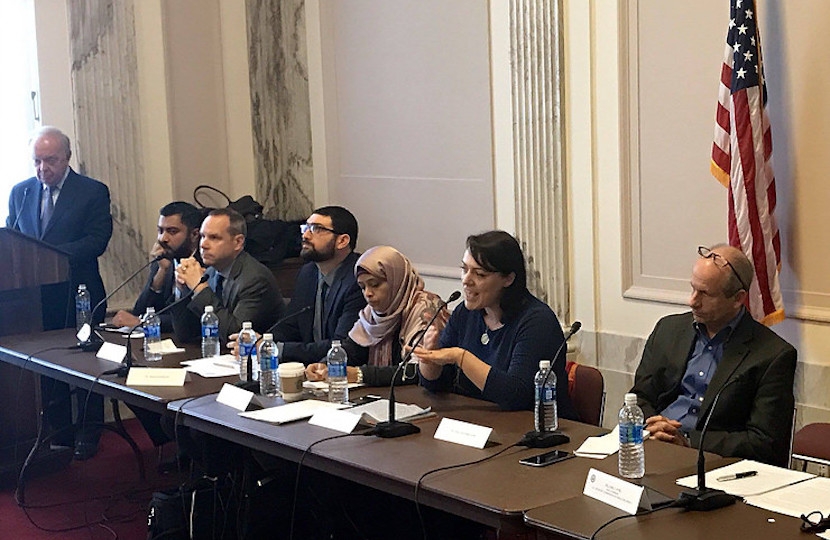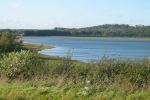
Last month I was invited to speak at the U.S. Government’s Public Diplomacy Commission public meeting on Countering Violent Extremism through Public Diplomacy on Capitol Hill.
It was an honour to be invited to speak, and discussions included how government can best combat violent extremist narratives, best practice on actor co-ordination and government-civil society partnerships.
I argued that we need to move towards the creation of Native Narratives, rather than remaining stuck in respond, always working to counter the extremist output of our enemies. I also provided an assessment of some of the approaches taken to tackle far-right and Salafist takfiri jihadist narratives, and set out the need for effective and scientific understanding of target audiences, to end guesswork and intuition in public diplomacy, and ensure that interventions are based on insight and that effects can be measured.
I also made the case that it is a privilege to serve our countries, and as Government communicators we have a responsibility to communicate to the public what actions we are taking to keep the public safe. Also that we must communicate - in a straight-forward manner - unclassified information not only to keep the public supportive of Government action, but also because the public deserves to be informed of the actions being taken in their interests.
It was a pleasure to have joined these fellow speakers:
- Abbas Barzegar, Principal Investigator, Civic Approaches to Combatting Extremist Violence Initiative
- Sheldon Himelfarb, President and CEO of the PeaceTech Lab at the U.S. Institute of Peace
- Peter Mandaville, Senior Advisor in the Secretary of State's Office of Religion & Global Affairs
- Sarah Sayeed, Senior Advisor to the Mayor of New York City, Community Affairs Unit
- Haroon Ullah, Advisor at the State Department


